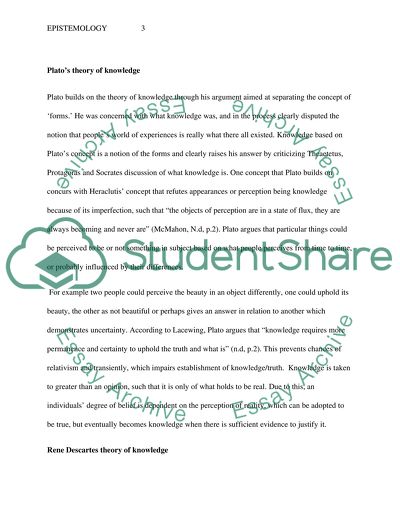Cite this document
(“Epistemology: a Comparison of the Concepts of Knowledge Essay”, n.d.)
Epistemology: a Comparison of the Concepts of Knowledge Essay. Retrieved from https://studentshare.org/philosophy/1647142-epistemology-a-comparison-of-the-concepts-of-knowledge
Epistemology: a Comparison of the Concepts of Knowledge Essay. Retrieved from https://studentshare.org/philosophy/1647142-epistemology-a-comparison-of-the-concepts-of-knowledge
(Epistemology: A Comparison of the Concepts of Knowledge Essay)
Epistemology: A Comparison of the Concepts of Knowledge Essay. https://studentshare.org/philosophy/1647142-epistemology-a-comparison-of-the-concepts-of-knowledge.
Epistemology: A Comparison of the Concepts of Knowledge Essay. https://studentshare.org/philosophy/1647142-epistemology-a-comparison-of-the-concepts-of-knowledge.
“Epistemology: A Comparison of the Concepts of Knowledge Essay”, n.d. https://studentshare.org/philosophy/1647142-epistemology-a-comparison-of-the-concepts-of-knowledge.


